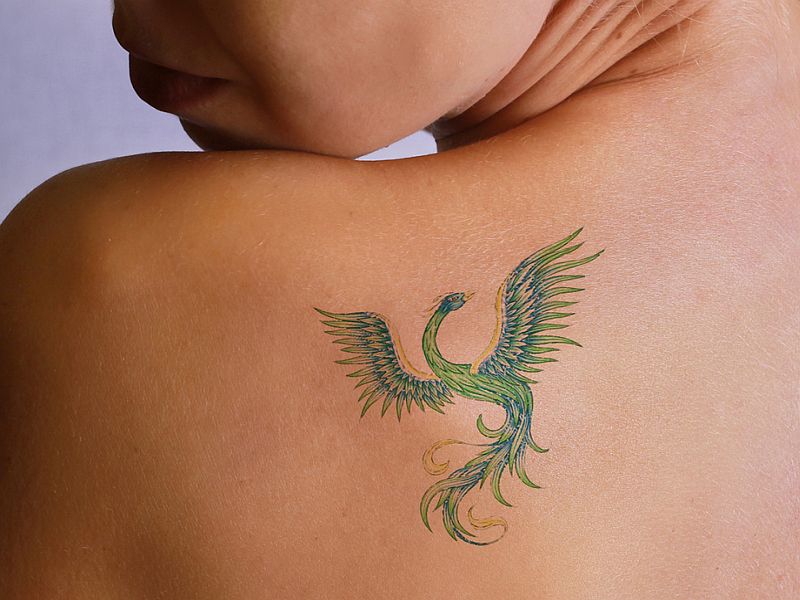
Wednesday, June 8, 2016

WEDNESDAY, June 8, 2016 (HealthDay News) -- Tattoos are increasingly popular in the United States, but getting one carries risks, the U.S. Food and Drug Administration says.
There are increasing reports of people developing infections from contaminated tattoo inks and having bad reactions to the inks, according to Dr. Linda Katz, director of the FDA's Office of Cosmetics and Colors.
She offered some advice for people trying to decide whether to get a tattoo.
Think carefully before you make a decision. Removing a tattoo is a painstaking -- and potentially painful -- process and complete removal without scarring may not be possible, Katz said.
If you do decide to get a tattoo, confirm the tattoo parlor and artist are in compliance with all state and local laws. The National Conference of State Legislatures has a web page on state laws, statutes and regulations governing tattooing and body piercing. To find out about local regulations, contact your county or city health department.
You need to be concerned about unhygienic practices, non-sterile needles and contaminated ink, Katz warned.
You can get infections from ink contaminated with microorganisms such as bacteria and mold. Contamination could occur either in the manufacturing process or at the tattoo parlor. A common culprit is non-sterile water used to dilute the pigments, the agency said.
There's no guaranteed way to tell if the ink is safe. Looking at or smelling it won't offer any clues. Ink can be contaminated even if the container is sealed or wrapped, or the label claims the ink is sterile, Katz said.
Signs of a tattoo-related infection include a rash at the site of the tattoo, or a fever. More serious infections could cause high fever, shaking, chills and sweats. Serious infections could require months of antibiotic treatment.
Contact a health care provider if you develop signs of infection or allergic reaction after getting a tattoo, Katz said.
SOURCE: U.S. Food and Drug Administration, news release, May 2016
HealthDay
Copyright (c) 2016 HealthDay. All rights reserved.
News stories are provided by HealthDay and do not reflect the views of MedlinePlus, the National Library of Medicine, the National Institutes of Health, the U.S. Department of Health and Human Services, or federal policy.




























.png)












No hay comentarios:
Publicar un comentario